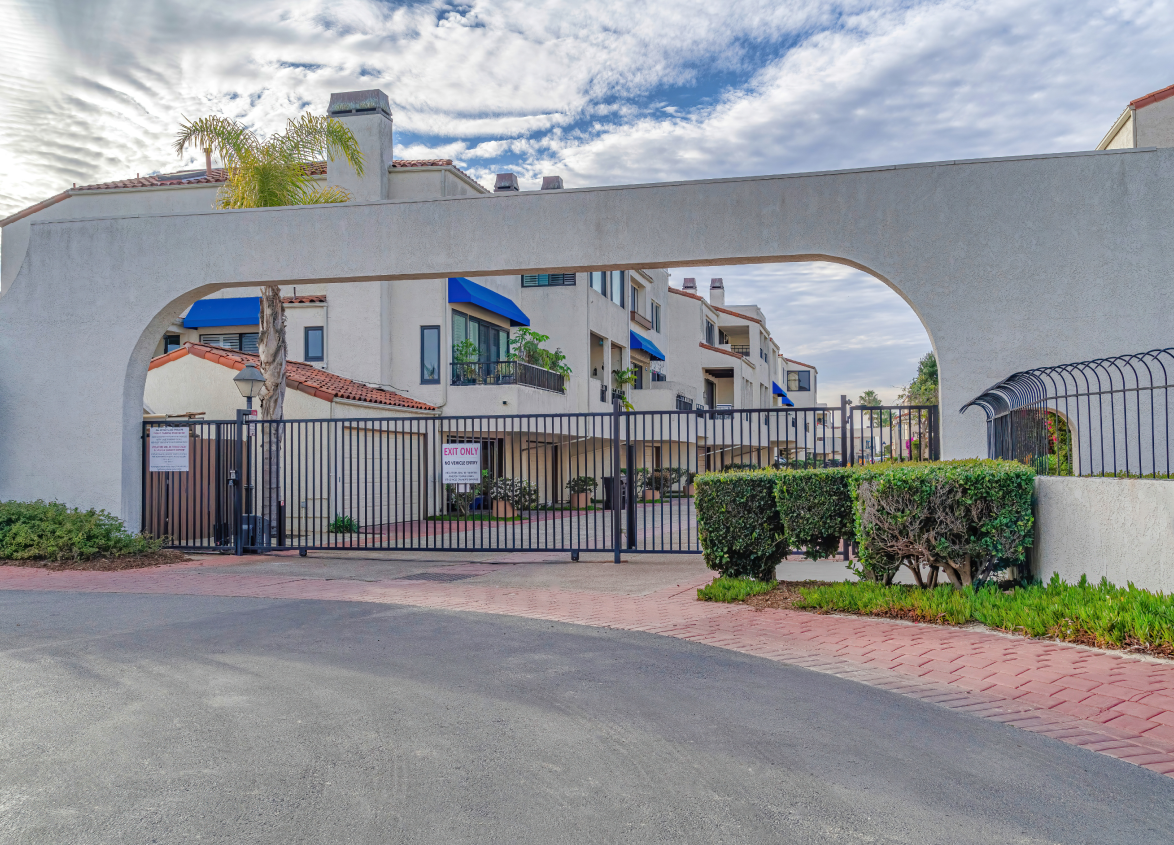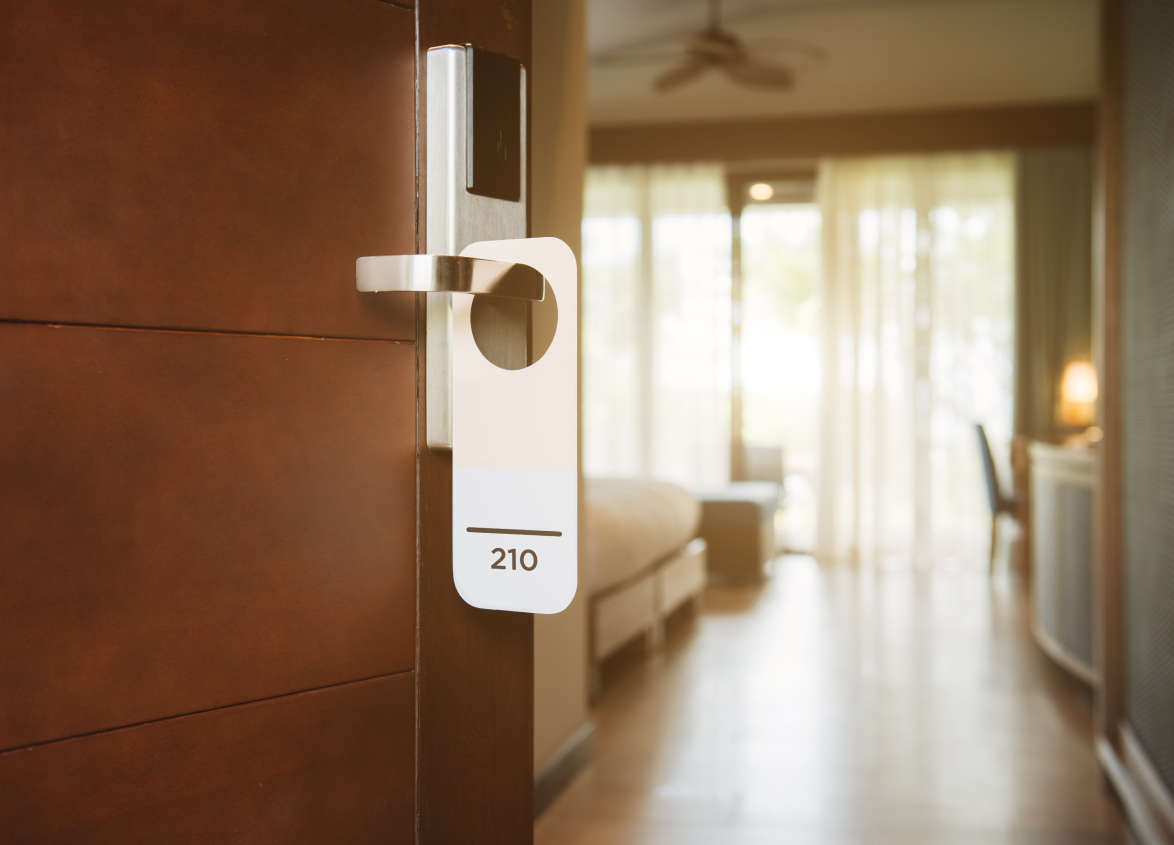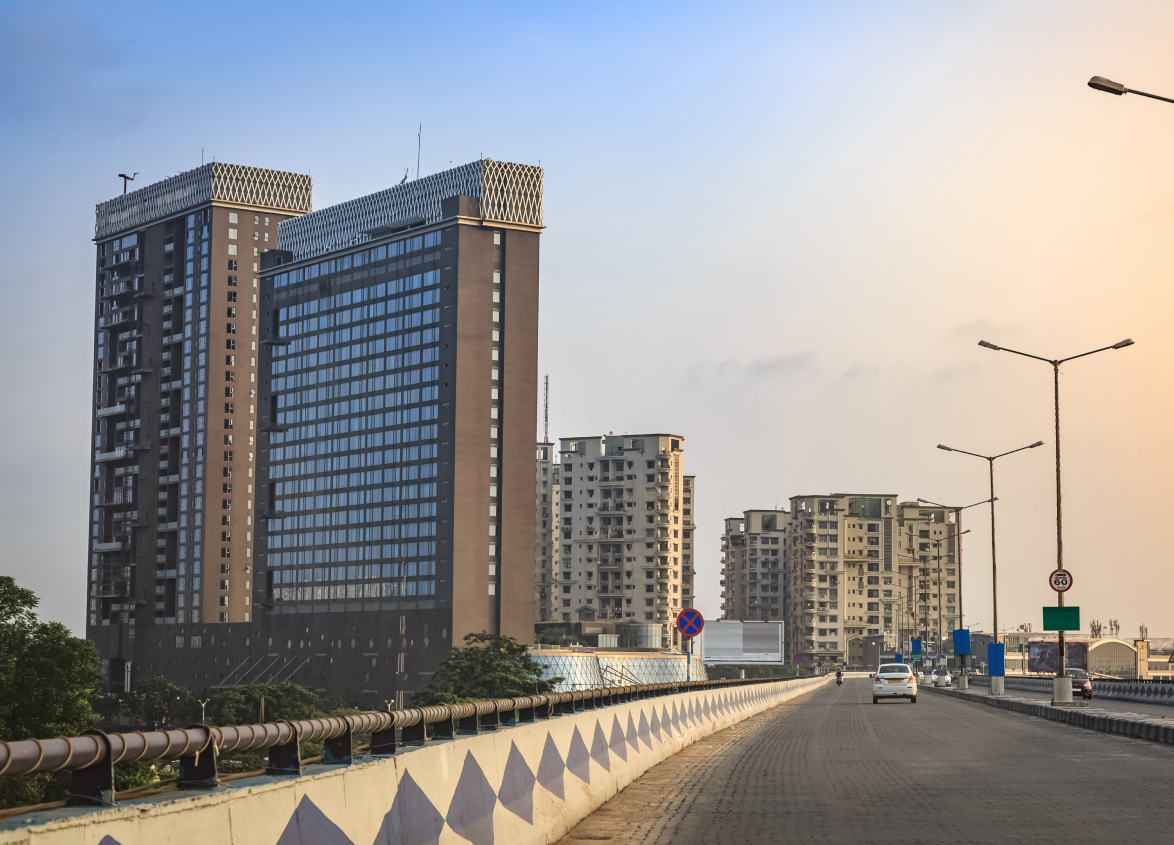
Retail
Retail Lease Agreement Pitfalls – How to Ensure a Smooth Transaction
July 02, 2025
Introduction
The business world is growing very fast nowadays, especially after the lockdown. Businesses worldwide are becoming more efficient and customer-focused, operating across multiple formats, including brick-and-mortar stores, online shops, or both.
Any business can buy or lease retail space for growth and expansion. This is a crucial step forward for any business, representing a key move toward expansion and greater visibility. However, leasing a retail space is complex and fraught with legal and financial complexities. This process requires effort, from selecting the perfect location to signing a lease.
A retail lease agreement is not merely a contract; it lays out the responsibilities of the tenant and the landlord in detail. The wrong steps in this process can lead to financial questions, operational inefficiencies and legal questions.
Pitfall 1: Not Understanding the Lease Structure
Understanding the lease structure is the most common mistake that leads to unexpected extra costs and legal problems for businesses. Each filled form describes how taxes, maintenance, insurance and other financial responsibilities or obligations are handled in detail. Failure to understand the lease structure may result in serious legal or financial trouble.
For instance, in triple net leases, the tenants are responsible for all the operational expenses, which can be substantial and should be disclosed.
The solution is to contact a real estate attorney or consultant who will dissect the retail lease agreement for you and help you make informed decisions.
Pitfall 2: Ignoring the Fine Print on CAM Charges
CAM stands for Common Area Maintenance charges. When tenants sign a retail lease agreement, they focus mainly on the base rent, but the CAM charges can surprise them. These fees are paid for using the general portion of the property. Typically, CAM charges sound fair, but the fine print changes the game.
Most tenants don’t fully understand how these charges are calculated. While a well-drafted commercial shop lease agreement should clearly define CAM responsibilities, they are often overly broad or vague.
The solution is to avoid making this retail lease agreement mistake by asking for a breakdown of the CAM charges before signing the agreement. You should also ensure that your lease agreement includes the audit rights so you can review and question the CAM charges whenever required.
Pitfall 3: Overlooking the Fit-Out and Possession Timeline
This is the most underestimated aspect of a commercial shop lease agreement. It is the duration between the signing of the contract and the actual opening date of the store, shop, or office. Due to the excitement of securing a premium location, many tenants overlook critical details about how much time is available for interior fit-outs.
If the retail lease agreement does not mention a possession date, it will directly affect your launch plans, staffing, marketing schedules and revenue. You may pay rent or overheads even before your store has opened, which is often a costly and common mistake. This lack of clarity can turn a smooth transition of the lease agreement into a frustrating waiting game.
To avoid this rental lease agreement mistake, your commercial shop lease agreement should include the following things:
- A proper possession date.
- Rent-free fit-out period.
- Responsibilities associated with the landlord and the tenant.
Pitfall 4: Inflexible Exit Clauses or Lock-In Periods
The most overlooked portion is the exit clause, when a tenant signs a retail lease agreement. The tenants are so involved in entering the rental space that they ignore the terms and conditions for when they will leave.
Lock-in periods are common in commercial shop lease agreements, protecting landlords from early terminations. The typical lock-in can be two years, but what if your business model changes in that time?
A well structured retail space lease agreement should include the following things:
- Reasonable exit fees if required.
- Fair notice periods.
- Flexibility in case of unavoidable changes.
In addition to this, you can also ask your legal advisor to check the commercial shop rent agreement format before signing, especially for shops in malls or premium spaces.
Pitfall 5: Not Accounting for Escalation Clauses and Rent Reviews
When tenants enter a retail lease agreement, they are more focused on the initial payment, which is evident because the first few months are crucial and everything has to be laid out evenly. What is mainly overlooked is that the rent you pay in year one might not be the same in year three or five. Escalation clauses and rent reviews can derail the most carefully planned financial strategies.
The escalation clause allows landlords to increase the rent at regular intervals, such as every three years, from 5% to 10%. Many retailers incorrectly calculate long-term rent projections, especially when entering lease agreements in high-end malls or urban locations.
Suggested Read - Leasing a Retail Space: Common Mistakes to Avoid
Across the globe, in many commercial shop rent agreement formats, rent reviews give the landlord the right to increase the rent as per the market rate and assessment, which may lead to significant rent hikes if not clearly defined.
To avoid these mistakes, you should consider the following things:-
- Be clear on the terms with the landlord.
- Forecast your future rent.
- Clearly define the rent review process.
Understanding the retail space lease agreement is necessary for the present and the foreseeable future.
Pitfall 6: Neglecting the Importance of Footfall and Anchor Mix
The most important aspect of a successful retail space lease agreement is not the rent but the location of your store. In retail, footfall is the game changer. How many people pass your store matters. This determines the brand visibility, sales, expansion, customer retention and the business's long-term health.
If the footfall prediction is inaccurate, you might pay a premium rent with zero satisfactory returns. A well-located store can bring you sales. This is why understanding the anchor tenant mix is as important as understanding the lease terms.
Anchor tenants are large brands with a strong customer base and high visibility. As a small business owner, you can benefit from the traffic these anchor tenants bring into the building or location. Sometimes, the retailers had to close their shops because of lower customer traffic and unprofitable locations. Being situated near big brand stores can help you increase your sales and your store's appeal.
So, how can this pitfall be avoided? Well, you should consider doing the following things:
- Consider visiting the site during peak hours.
- Request footfall data.
- Review the anchor-mix longevity.
In short, the right footfall, supported by a potent anchor mix, isn't just beneficial, it's essential.
Pitfall 7: Unclear Responsibility for Repairs and Maintenance
A typical retail lease agreement mistake clearly defines who will be responsible for all the repairs and maintenance-related activities. This may look like a minor detail, but the most crucial thing in the game is what happens when anything unexpected happens.
Most commercial shop lease agreements mention that the landlord will handle structural repairs like plumbing, exterior work and more, while the tenant is responsible for interior maintenance. However, this may not always be stated in the rental lease agreement. In this case, the tenant will end up paying for repairs like pest control or anything the landlord would pay for.
The tenant should avoid this retail lease agreement mistake by making sure of the following things:
- A clear listing of the maintenance activities by both parties.
- Define what counts as “routine” vs “major” repairs.
- Mention the time that will be required to solve the problem that arises.
A well-drafted commercial shop rent agreement format eliminates assumptions and outlines mutual responsibilities.
Pitfall 8: Failing to Future-Proof for Business Expansion or Renovation
We all know that businesses evolve. Generally, the company signs the lease, thinking only of short-term success. This limits its ability to expand to a large scale on the same premise, within the exact financial and legal requirements.
For example, if you want to expand the floor area of your store but your retail space lease agreement doesn’t allow that, this might restrict growth if your business vision evolves, and you will be stuck with a layout that doesn’t align with your goals or plans for the store.
Additionally, landlords may restrict structural changes, external branding, or even display lighting under strict clauses in certain commercial shop lease agreements.
You should avoid this particular retail lease agreement mistake by keeping a check on the following things:
- Clarify all the structural changes you can make in the store.
- Clarify if relocating within the same premises is allowed.
- Ask whether expansion will be possible or not.
A flexible agreement ensures that you are not leasing the shop for just today but also for future expansion.
Importance of Due Diligence Before Signing
It doesn’t matter how appealing a location for your business is, how low the rent is, or how appealing the agent looks; you should never ignore due diligence before signing the agreement. Many small business owners enter into a commercial shop lease agreement based on verbal promises, which should be strictly avoided. This is not only for the safety of your business but also for protecting your investments and long-term stability.
Due diligence ensures that every clause in the agreement has been correctly read, understood and agreed upon. Many owners overlook the hidden charges, but little do they know about how much extra cash flow it will bring. Another thing you should take care of is finding out if the landlord has any history of disputes with the tenants or any legal cases. In today’s fast-growing business world, being cautious and informed is necessary.
Due diligence is not simply a task. It is a health check for your business. If properly done, it can prevent you from signing up for an unjust retail lease, paying for another person's negligence, or having your business operations cease due to obfuscating clauses or undisclosed terms.
Whether ensuring you are not charged extra or confirming that operational restrictions will not impede your ideal store, your work today will yield high dividends. As tempting as a retail space may seem, remember that it is the lease document you stamp your signature on, not just the physical space you rent, but the terms you agree to that shape your success.
Best Practices for a Smooth Retail Leasing Journey
Entering a retail lease agreement is about renting the space and your vision for the business. Whether you are a small business owner or someone with a strong business base, entering new territory with a structured and planned approach can help you avoid costly mistakes and streamline the process.
Below is a guide about the best practices to ensure a smooth retail leasing experience for you:
Clear business plan:
Before considering the various retail areas, you must outline your company's target audience, preferred location, type of business and budget. This will help you assess whether your retail lease agreement meets your needs and conditions.
Work with professionals:
You should never finalise a commercial shop lease agreement without guidance. Contact real estate agents, legal advisors, interior designers, architects and chartered accountants. This team will help you navigate the process, spot red flags and negotiate favourable terms.
Clearly understand the entire lease agreement:
Signing any agreement without correctly reading it might lead to unexpected outcomes that can hamper the normal flow and execution of your business.
Make sure you understand:
CAM (Common Area Maintenance) charges
Lock-in periods and exit clauses
Repair and maintenance responsibilities
Rent escalation clauses
Branding/signage permissions
Possession and fit-out timelines
Why Choose Brigade Group for Retail Leasing?
If you're looking for a trusted partner to help you navigate retail leasing with confidence, Brigade Group has years of experience in acquiring and developing commercial properties. Now, the question is what makes us the best for commercial shop lease agreements or retail lease agreements?
Legacy of Trust and Excellence
The Brigade Group has over 35 years of experience developing quality residential, commercial, hospitality and retail projects nationwide. The brand has established itself in key hubs like Bengaluru, Chennai, Hyderabad, Kochi and Mysore and is known for its timely, transparent and trustful operations in world-class infrastructural development.
Premium Retail Destinations with Unmatched Footfall
Retailer foot traffic is one of the most significant factors when choosing a location, and the developments by Brigade Group guarantee that. Landmark retail destinations such as Orion Mall at Brigade Gateway, Orion Avenue mall and Orion Uptown mall draw thousands of visitors daily, even on holidays.
Flexible Leasing Models Tailored to Your Business
Brigade offers flexible leasing solutions. These allow you to scale quickly, test new markets confidently and negotiate terms that align with your business vision.
Tech-Enabled Property Management
Brigade Group has integrated technology into project management practices that have seamlessly helped everyone. Digital dashboards allow you to monitor visitors' footfall, energy consumption, etc.
Conclusion
Every retail space lease agreement requires proper diligence, planning, strategy and foresight. Approach it with the seriousness it deserves and consider partnering with experienced entities like Brigade Group to ensure a seamless and successful leasing experience. Understanding every term and condition will safeguard your business and money.
MUST READ
Looking for something specific?
We'd be delighted to help you.

























































































































































































































































































































































































































































